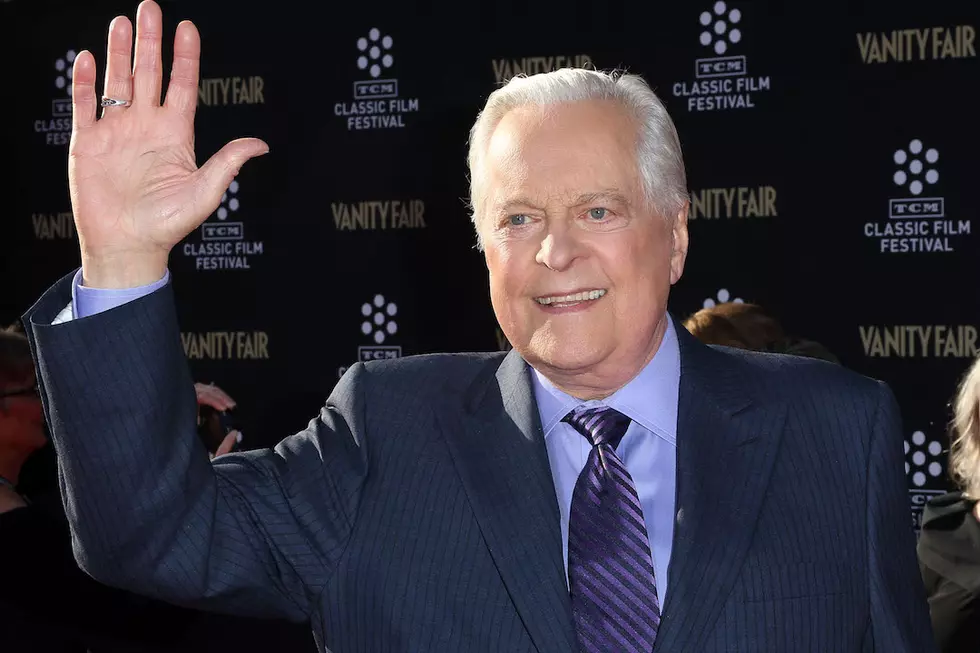10 Years Ago: The Stooges Return After More Than Three Decades With ‘The Weirdness’
Reuniting in 2003 for the Coachella Valley Music and Arts Festival, the Stooges became an active touring unit. But it would take a few more years before they ventured back into the studio to complete a full-length effort, manifesting itself in The Weirdness, which came out March 6, 2007.
Three-quarters of the original band was on board, with frontman Iggy Pop joined by guitarist Ron Asheton, his brother Scott on drums and ex-Minutemen bassist Mike Watt replacing Dave Alexander, who died in 1975. It was their first LP together in 34 years, though they had contributed four songs to Pop’s guest-heavy 2003 solo opus Skull Ring. Recorded at Steve Albini’s Electrical Audio Studios in Chicago, The Weirdness was technically the follow-up to 1973’s proto-punk masterpiece Raw Power, and much had changed in the three decades since, most openly in Pop’s attitude.
“I think the big change in the dynamic would be I've learned to delegate more,” Pop told Pitchfork shortly after the release of The Weirdness. “I'm not micromanaging as much as I did. The drummer has learned he has the ultimate authority in this group. He sails the ship. Neither Ron or myself will sound like much without that guy backing it up and the same would be true in a street brawl. He has that authority, and he is one of these soft-spoken people who people do listen to when he opens his mouth. He's kept the group sensible, and he's been a little more active in the group.”
It may be for that reason alone that The Weirdness isn’t more uneven. Scott Asheton takes the lead and holds it down from the outset, evident on the lead single, “My Idea of Fun.” He’s undeniably driving the Stooges tank, and everyone else follows his cues. Check the rowdy “ATM” or “The End of Christianity,” where even his older brother lets him show the way. That’s not to say Ron isn’t ripping solos left and right; he does a call-and-response with Pop during “Mexican Guy” that’s on fire, and his leads on “Free & Freaking” and album closer “I’m Fried” are dirty and raw. The Weirdness would end up being the finale for Ron, who died less than two years after its release.
Pop is more understated overall. He doesn’t quite step to the edge as he did in the past; it’s more like he kind of peers over it with less recklessness. He still pontificates on all the topics he knows best -- drugs, women, lack of cash and traveling to places where he needs to get in the mindset to barrel through until he gets back to America. In fact, Pop sounds most at home on the lounge act send-up title track, crooning like some sort of urban sprawl Frank Sinatra, which might be the most punk-rock part of all.
50 Rock Facts You Probably Didn't Know
More From Classic Rock Q107










